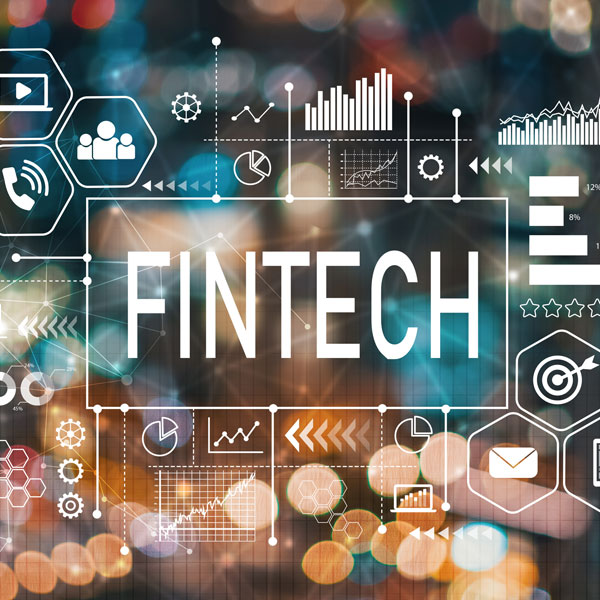Blog
Our vision is to revolutionize and automate the loan servicing workflow of the global financial community.

Current Trends in FinTech and Banking
 There are many different trends to keep an eye on in FinTech and banking. Below we will explore several of the current trends that are relevant to the industry now and going forward.
There are many different trends to keep an eye on in FinTech and banking. Below we will explore several of the current trends that are relevant to the industry now and going forward. Artificial Intelligence and Machine Learning
Artificial intelligence and machine learning provides a better way to monitor customer behavior. FinTech companies can use artificial intelligence and machine learning to provide highly customized and personalized service. Some of the areas artificial intelligence and machine learning are effective include:
Artificial intelligence also helps banks improve daily processes such as reporting, data extraction, document classification, and credit scoring.
Decentralized Finance
Large portions of the population do not have access to banking and financial services. The goal of decentralized finance is to make financial services accessible to all. It provides financial services to everyone by removing investment, payment, and bank intermediaries and replacing them with services that are powered by a blockchain network.
A blockchain network provides security and transparency while removing the need to use an established financial service provider. Blockchain uses smart tokens and contracts to act as the middlemen needed to transfer money. The lending sector is poised to be greatly impacted by blockchain and decentralized finance.
Predictive Analytics
Predictive analytics are used for analyzing and assessing the likelihood of future events based on customer behavior. FinTech organizations can utilize predictive analytics technology for scalable, efficient, and cost-effective outcomes.
Predictive analytics help the FinTech industry improve customer experience, identify ways employees can add value, and improve operations. Predictive analytics can be used to detect and manage problems before they arise.
Internet of Things
Put simply the Internet of Things means taking things in the world and connecting them to the Internet. Internet of Things devices collect and analyze massive amounts of customer data. Through processing this data, banks and financial institutions can prevent fraud, increase operational efficiency, and redefine the customer experience.
The wallet has become digital. There are now fast and secure mobile wallets for managing crypto assets. Mobile wallets create expense patterns and deliver data that helps users manage their budget. Wearable devices for contactless payment are transforming the FinTech industry.
Internet of Things technology can help make things simpler at the bank branch. It is important for banks to make it as convenient as possible to go into a bank instead of banking online. Having technology at the bank entrance can help clients find their way in the bank or match them with an employee who will help them with their issue.
RegTech
The definition of RegTech is the management of regulatory processes within the financial industry through technology. The main functions of RegTech include regulatory monitoring, reporting, and compliance. RegTech helps restrict fraudulent activities with the support of machine learning algorithms and big data. This technology helps fight the increasing number of data breaches, cyber-attacks, and money laundering.